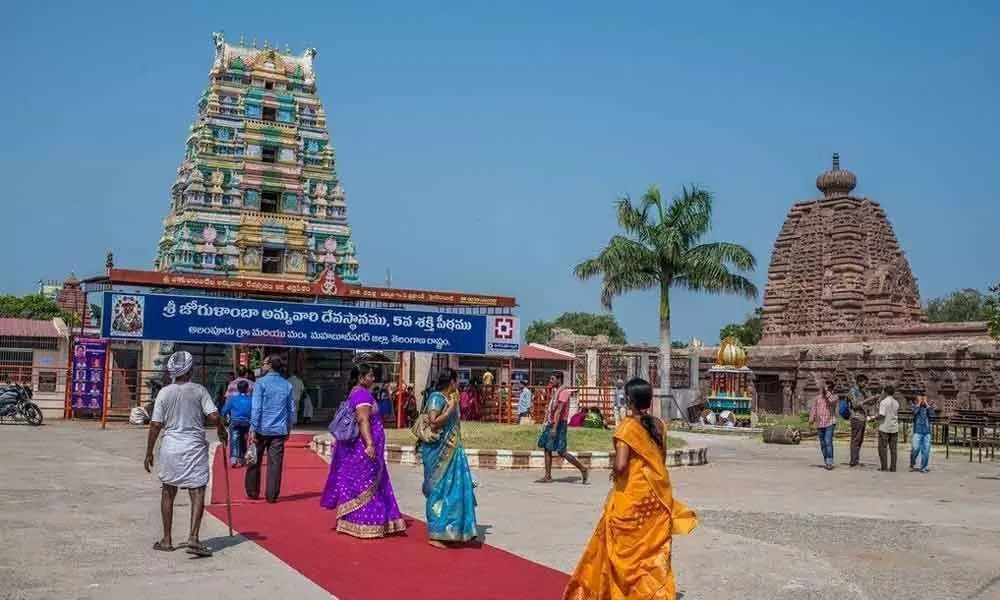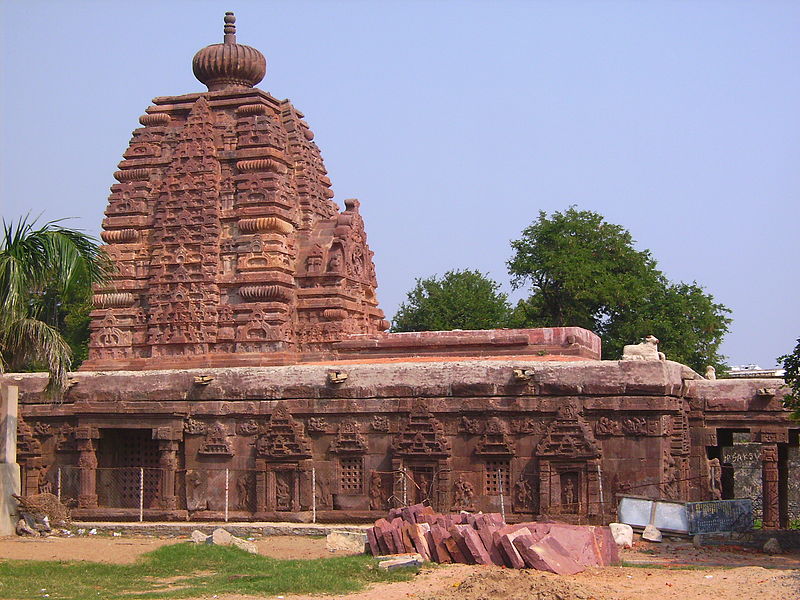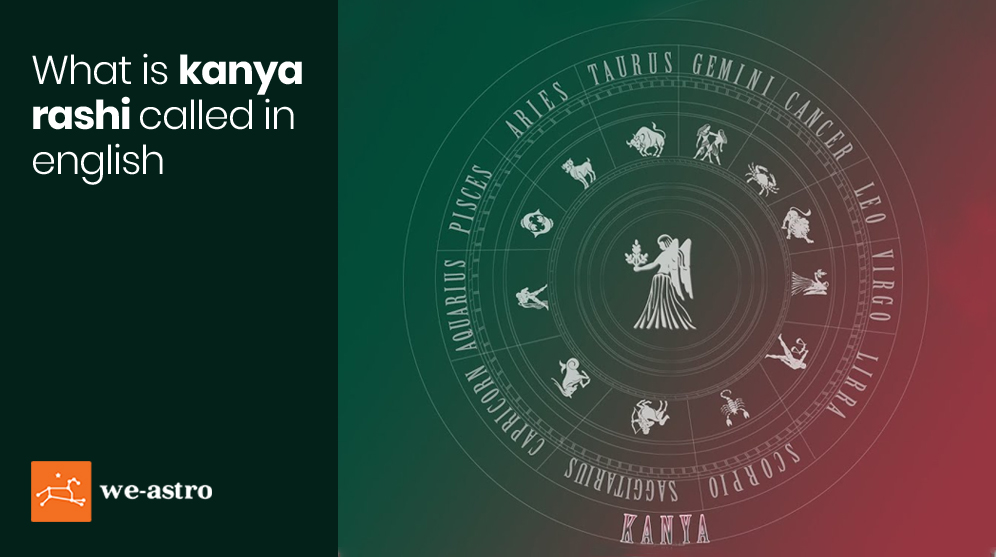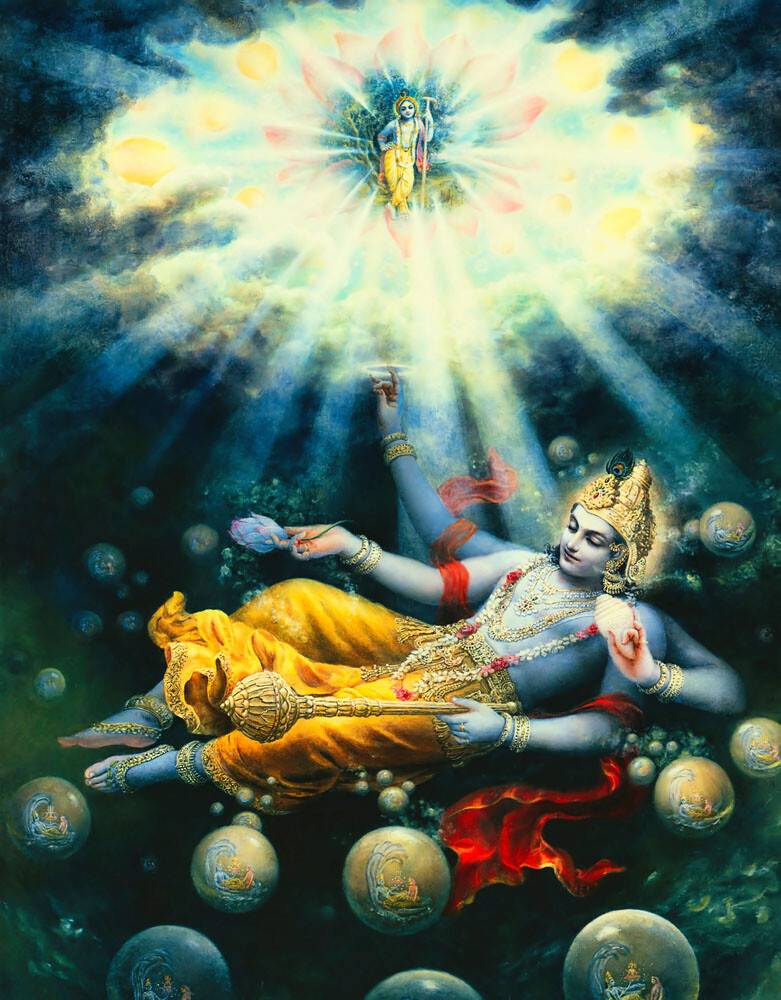Diving Deep into the Spiritual Echoes: A Journey to Jogulamba Temple
"Discover Jogulamba Temple, one of the revered Shakti Peethas in India, showcasing Hindu spirituality and intricate architecture."

The Jogulamba Temple, situated in Alampur, Telangana, is one of the most revered Shakti Peethas in India. This temple is dedicated to Goddess Jogulamba, also known as Yogamba. It is believed that she is one of the Maha Shaktis who represent the supreme feminine divine power in the universe.
The temple's history is as intriguing as the deity it houses. Originally constructed in the 7th century by the Badami Chalukyas, it was devastated during the time of Muslim invasions. The ruins were left untouched for several centuries, with the idol of the goddess kept in Bala Brahmeswara Swamy Temple, a nearby ancient temple. It was only in the year 2005 that the temple was reconstructed and the idol of Goddess Jogulamba was reinstated.
The unique feature of the idol is that it is seated on a corpse with a scorpion, frog, and lizard carved on it. The idols of Veerabhadra and Vigneshwara are also present in the temple, reflecting the amalgamation of Shaktism and Shaivism sects. The temple is situated on the banks of the Tungabhadra river, adding to the serene and spiritual ambiance.
The temple holds immense significance for devotees of Shakti. It is believed that praying at the temple can bestow upon devotees the strength to overcome obstacles and attain spiritual enlightenment. Every year, thousands of pilgrims throng the temple during the Navaratri festival to seek the blessings of the goddess. The festival is celebrated with great pomp and show, with various religious and cultural events adding to the festive fervor.
The Jogulamba Temple, with its deep-rooted history, spiritual significance, and unique architectural splendor, is a shining jewel in the crown of India's rich spiritual heritage. It stands not just as a place of worship, but also as a symbol of the enduring strength and resilience of Hindu culture and tradition.




